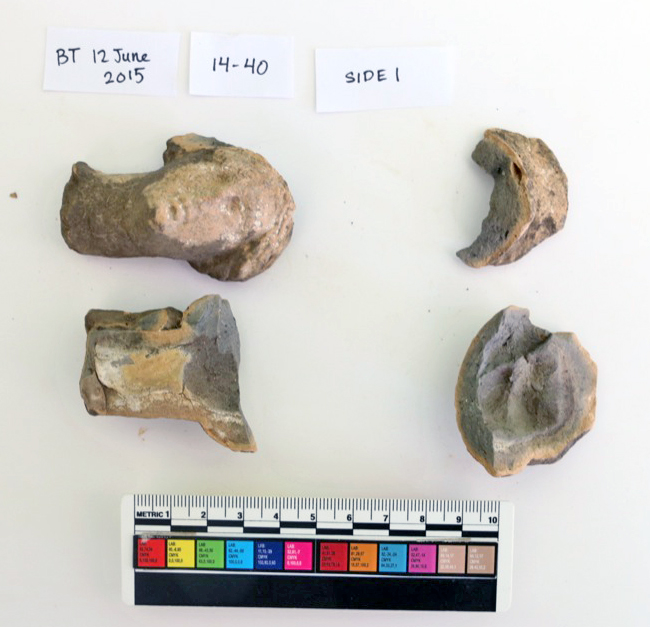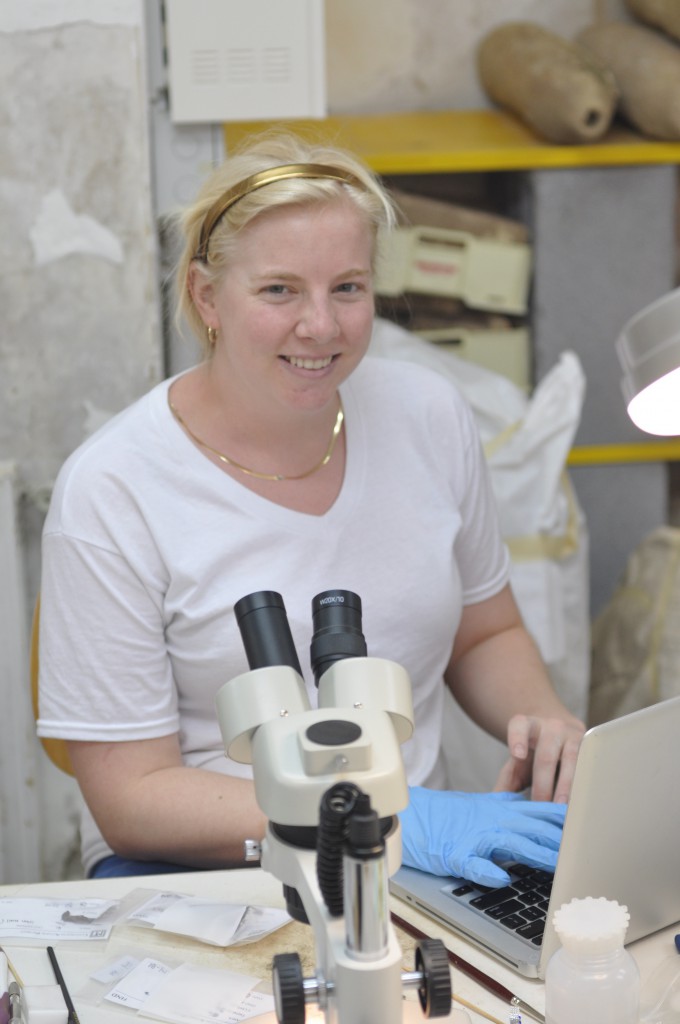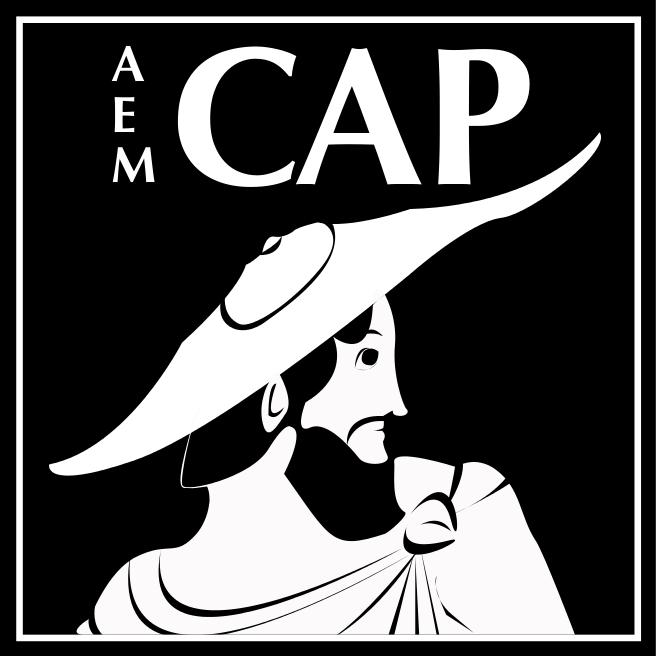Conservation Team

CAP’s Conservation Team is responsible for the treatment and storage of archaeological materials that come to light in the CAP excavations. An archaeological conservator’s role is to ensure the long-term preservation of the artifacts, including evaluating their current condition, and slowing deterioration through appropriate treatment and storage. Conservators use their knowledge of material science to liaise with the Museum, Ceramics, and Excavation teams to ensure proper care of objects on and off-site. Conservation for the Contrada Agnese Project adheres to the field of conservation’s ethical guidelines. Treatments are carried out to ensure the stability and elucidation of the objects following two principles:
(1) Minimal Intervention
Objects are treated only as much as necessary to ensure their stability and their study. As the focus of scholarly research, objects are treated in a manner that promotes long-term preservation with the idea that future generations of scholars should be able to access and study these materials.

(2) Reversibility
Objects must be treated with conservation-grade materials (ones that are non-destructive, reversible, with good aging properties) that enable the object to be retreated in the future. During investigative cleaning, it is understood that such action is irreversible. Therefore, care is taken to document the object, and to understand and recognize important features, such as preserved organics, pigments, etc. It is better to clean less now and preserve notable evidence than clean the object further and potentially remove it. Adhesives and coatings used should be removable by a future conservator.
In addition to carrying out object treatment, the Conservation Team also pursues lines of scientific research aimed at furthering our understanding of the ambient conditions which may affect the preservation of archaeological materials–both in and out of the ground–as well as contributing to discussions of the stewardship and presentation of objects in a museum setting.
